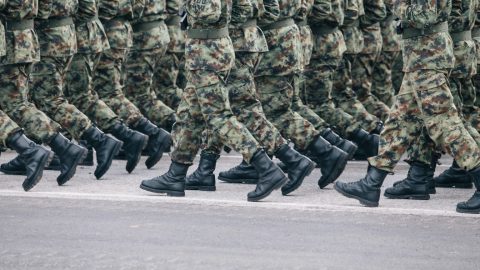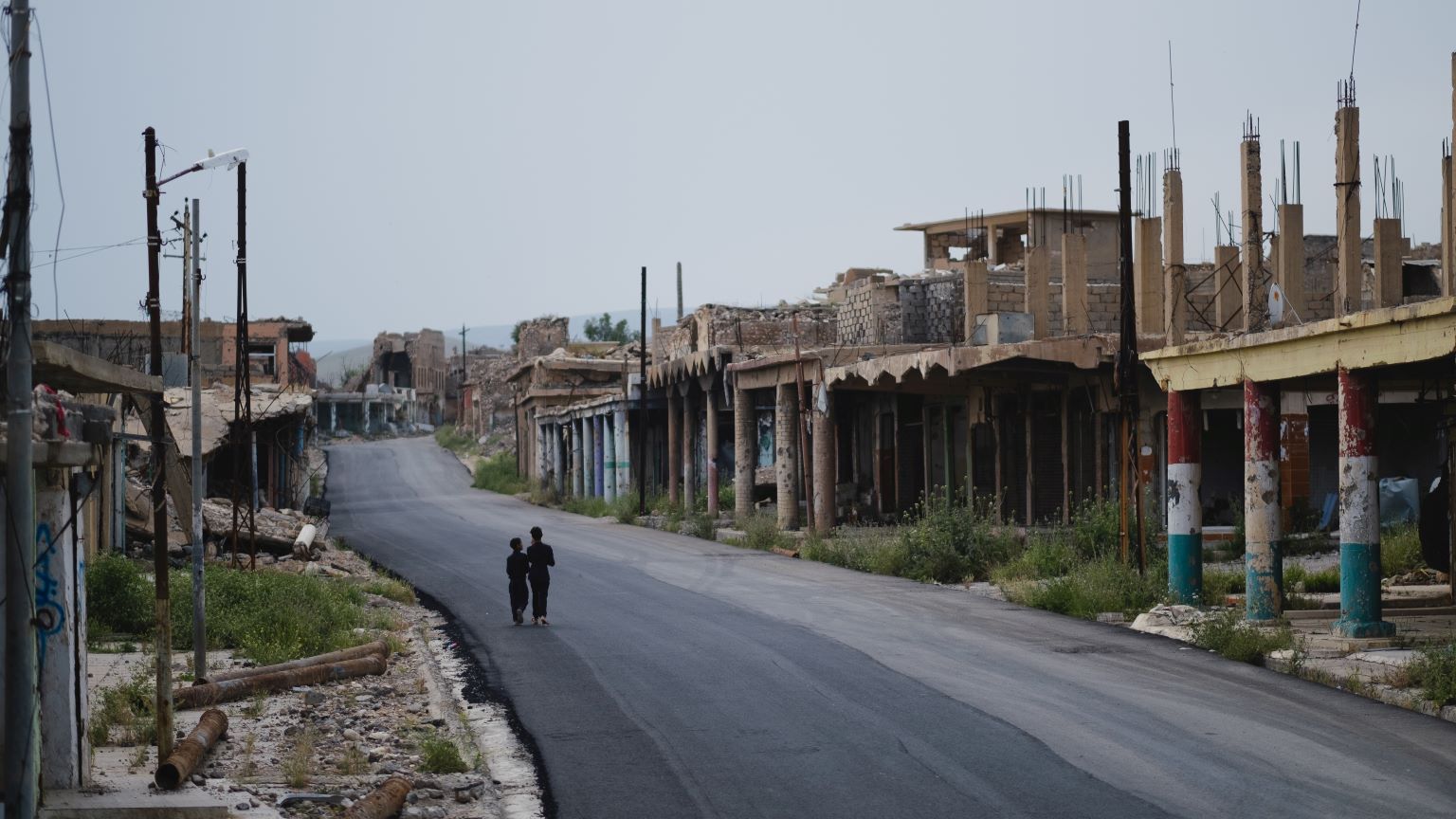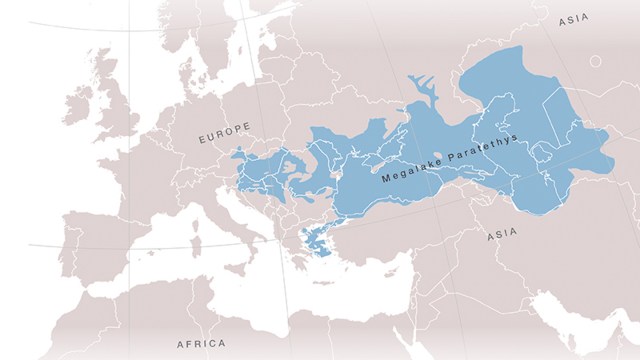How we discovered a personality profile linked to war crimes

Former US Private First Class Stephen Green was found guilty of raping and killing a 14-year-old girl and murdering her family in Mahmudiyah, Iraq in 2006. Four years later, US Corporal Jeremy Morlock was convicted of ambushing, murdering and maiming Afghan civilians in 2010.
Investigations revealed that Green had a pre-existing antisocial personality disorder. This effectively made him indifferent to the suffering of others. Morlock, too, had a personal history of anti-social behaviour.
Now our recent study, published in Military Psychology, has identified a personality profile linked with such war atrocities. It raises the question of whether military organisations could and should take more care when recruiting people.
The examples of moral transgressions from the global “war on terror” suggest there is a link between antisocial personality traits and breaches of battlefield ethics. This is backed up by scientific evidence, with psychological studies dating back to the aftermath of World War II.
Studies show that a personality cluster known as the “dark triad” is related to negative attitudes towards military ethics. This includes psychopathy, narcissism and machiavellianism (the power-hungry personality). Socio-political attitudes such as right-wing authoritarianism and social dominance orientation – believing that “superior” groups should dominate “inferior” groups – also belong to this class.
Of these, data on civilian and military samples suggest that psychopathy is the main risk factor for moral transgressions in both civilian and military work. This is perhaps unsurprising given that psychopaths have low empathy and anxiety, but are risk taking and manipulative.
New data
Our research suggests that dark personality traits have a common core. We collected pre-deployment data on the five “dark triad” traits in a sample of Swedish peacekeepers bound for Mali, Africa.
We then used structural equation modelling, which is a mathematical tool that can find correlations between different variables. For example, it is hard to define what intelligence is. But if you have a hypothesis, you can test people with various exams that you think predict intelligence. You can thereafter feed the scores into the model – these would be the observed variables. Intelligence could then be discovered as the latent variable to which these observed variables statistically contributed.
We used this model to identify the underlying latent variable of the five dark personality traits – what they have in common. We dubbed this shared content the “core of darkness”. We then discovered it was linked both to negative attitudes towards military ethics and higher frequency of self-reported unethical behaviour. The latter included anonymously admitting to minimising cooperation with co-workers so as to limit their success. In an analysis of a sub-sample of the soldiers, the dark core also predicted a higher frequency of insulting and cursing non-combatants.
Based on previous personality research, it is likely that soldiers with high “dark core” scores are more callous and manipulative, so these traits may lie at the heart of the core of darkness. This in turn affects their attitudes towards human rights in general and their fellow soldiers. Therefore, as was also suggested by military psychologists after the systematic abuse of Iraqi detainees in Abu-Ghraib prison in 2003 was revealed, it is important to identify these soldiers.
Double-edged sword
But observations suggest that this is a double-edged sword from the point of view of military recruiters. For example, during previous wars, men judged by some military psychiatrists to be the “best killers” were often the ones with dark traits. And they were preferred for positions where “aggression” was considered important. This suggests that having a dark personality might be viewed positively in certain areas in terms of “getting dirty jobs done”.
Another more recent example is the recruitment of soldiers with so-called “moral waivers” in the war against terror – ignoring their criminal records. That is concerning as we know that dark personality traits are over-represented among people who have been convicted of crimes in general. This suggests that sometimes, filling the ranks might be prioritised over getting the right people.
From a practical perspective, identifying and screening out soldiers with a high score on the dark core isn’t easy. It requires that the military actually develop and routinely implement refined assessment techniques.
What’s more, military culture may contribute towards some negative behaviour. For example, evidence suggests a tendency to become socially dominant can actually develop during cadet training. There are also many examples where inadequate leadership has had a negative impact on people with pre-existing dark personality traits.
It may be inevitable that atrocities happen in war. But that doesn’t mean that some, or even many, ethical violations could not be prevented. To do this, we have to take more notice of the evidence that we have available.
If we are more careful about whom we employ in our professional militaries, and who leads them, there is a good chance that we could eliminate some important risk factors. This would certainly help improve the standard of military ethics – something we should all welcome.
This article is republished from The Conversation under a Creative Commons license. Read the original article.





